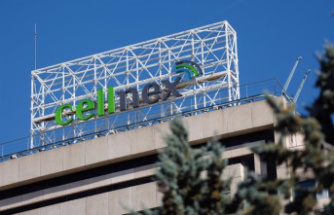In the aftermath of such political shocks as the vote for Brexit and the election of Donald Trump as U.S. president we have begun to see a surge in books attempting to understand this angry new world and to explain to us what is going on.
In Age of Anger Pankaj Mishra takes a broad survey of political thought in the modern period in order to find some answers. Beginning with the conflict between the theories of Voltaire and Rousseau he tracks the intellectual history of the struggle between modernity and its discontents.
Modernity, in this account, has played out like a secular form of the Rapture, with a few winners and a great number of people left behind. The dominant ideology has been that of progress, but progress defined in a narrow way that mainly operates to benefit a minority. It is a neo-liberal, globalist, materialist form of progress, driven by an insatiable will-to-power. Its hero is an asocial, technocrat entrepreneur: the baby-faced billionaire in the Silicon Valley mansion.
But progress produces far more losers than winners, more Uber drivers than Übermenschen. And not only are “defeat, humiliation and resentment more commonplace experiences than success and contentment,” but in an age of growing inequality and economic stagnation second place has become a fall into an abyss, with no realistic hope of betterment.
The “disinherited and superfluous” feel betrayed by modernism’s empty promises. Progress, for them, is the god that failed. They are filled with a bitter spirit of envy and resentment, and find solace in moralism, tribalism, or nihilism. “Thus, the trolls of Twitter as much as the dupes of ISIS lurch between feelings of impotence and fantasies of violent revenge.”
Mishra covers a lot of ground in Age of Anger, linking together the various forms discontent has taken — from Romanticism to terrorism — and weaving them into a truly global view. The result is an essential and sobering read.
A belief in progress, or just a hope that things might get better at some point in the future, is a cornerstone of our civilization. But many today are losing that faith, and not without reason. Seeing progress as a cheat and an unrealizable fantasy, they want to put the machine into reverse. If they can’t share the gains, then they at least want the pain to be felt by everyone.
Mishra sees this as a real problem, as we no longer live in a world that is capable of satisfying all of the dreams of material progress and individual empowerment it has raised. Which means the age of anger is going to get angrier yet.
Alex Good is a frequent contributor to these pages.
Alex Good is a frequent contributor to these pages.
The Toronto Star and thestar.com, each property of Toronto Star Newspapers Limited, One Yonge Street, 4th Floor, Toronto, ON, M5E 1E6. You can unsubscribe at any time. Please contact us or see our privacy policy for more information.
Our editors found this article on this site using Google and regenerated it for our readers.













